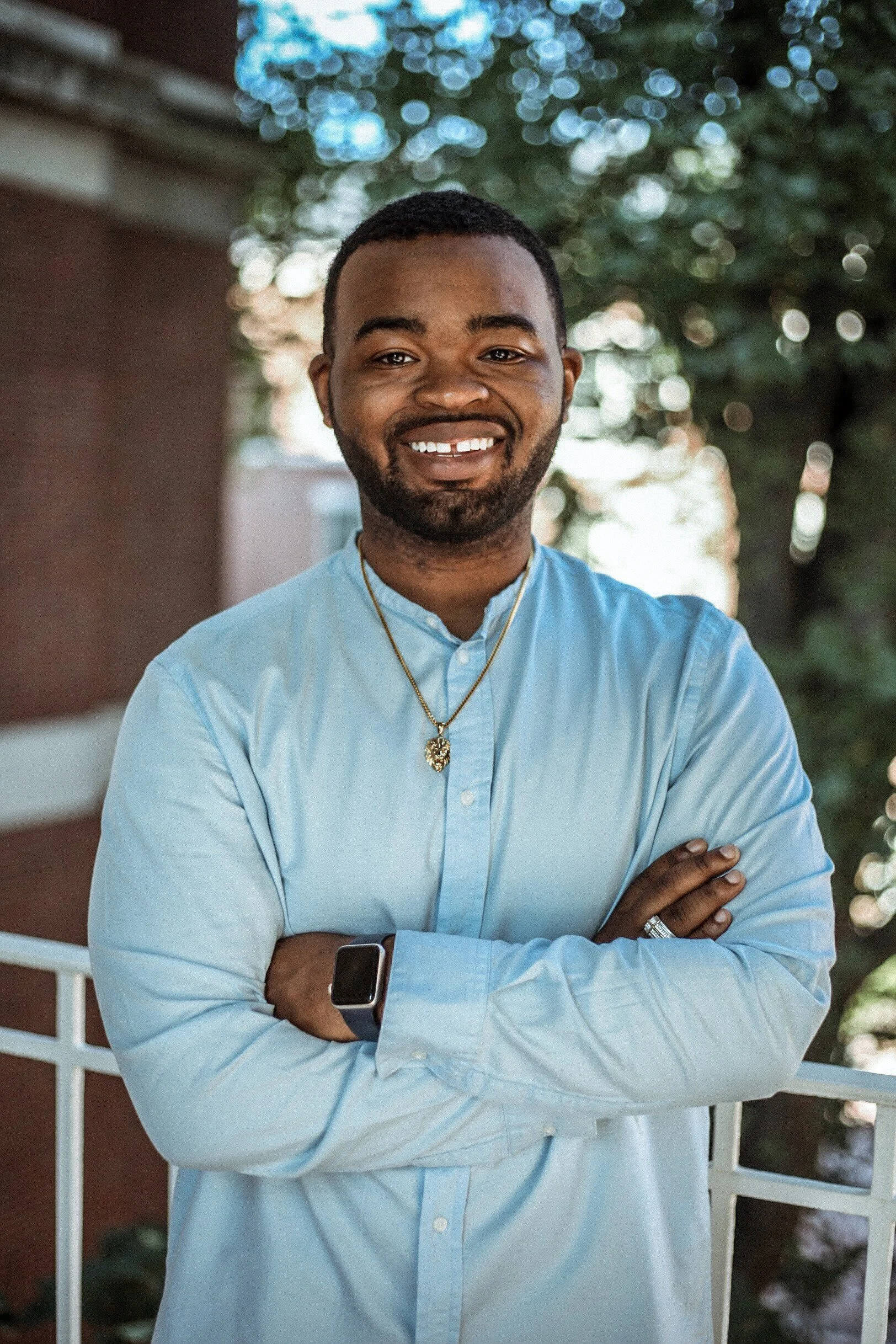Interview with Utica Councilman Delvin Moody By Luke Perry
Delvin Moody was recently elected to represent the Fifth Ward on the Utica Common Council. Outgoing Councilman Bill Phillips represented the district till he lost his battle with cancer earlier this year. Moody did not face a challenger. We spoke prior to Election Day.
Background
Councilman Moody was raised “in the church” by a single parent, his mother, and his grandmother. Moody is from Cornhill and attended Proctor High School.
Moody earned a B.A. in Political Science and Religion from the University of Rochester and is currently a graduate student in religion at Colgate University. He became interested in this subject after reading the teachings of the early black church, including the view of God as liberator and the Exodus narrative. Moody began to view this as a political narrative, which he became increasingly interested in studying.
Councilman Moody became involved with civics in church youth groups. The Social Gospel was an inspirational message to him that helped transform his understanding of Christianity to the pursuit of progressive values. “God is not colorblind in a racist society,” Moody explained. God is concerned about politics and civic organization.
Political Goals
Councilman Moody said “politics is a way to make sustainable change.” He sees the benefits of outside advocacy as well as serving within the government. Moody believes he can be a “stronger advocate” for the community doing the latter. Cornhill has been “lacking comprehensive change and strategy,” Moody explained. Legislative leadership “on the ground and in the trenches” is a top priority.
Moody cited very low voter turnout in explaining his desire to build political consciousness. According to Moody, there are approximately 7,000 voters in his district and less than 700 typically vote. A byproduct is that other parts of the city, such as South Utica, receive more attention from the Common Council.
Councilman Moody believes political discomfort among Fifth Ward residents stems from not seeing change they desire. 40 percent of people live at, or below, the poverty line. “People are fed up,” Moody said, prompting “disillusionment.” Moreover, most people have “real life issues,” Moody explained, such as housing and food insecurity, and “don’t have the luxury of always paying attention.”
Moody hopes to work on “breaking down the voter education gap.” He wants to develop a citizen review board for policing practices and a community center open to all Cornhill residents.
Housing and Downtown Hospital
Campaigning door-to-door Moody anticipated that police, drugs, and safety, would be major topics of conversation. It turned out that housing was the top issue he heard about. People’s living conditions were in “crisis,” dealing with mold, absentee landlords, and lead.
Councilman Moody’s approach to housing is multifaceted: 1) pre-rental inspections for lead and black mold; 2) promoting urban renewal efforts in Cornhill; 3) holding landlords responsible for regulations requiring them to live within a ten mile radius of their rental properties; and 4) county and state rent control efforts to promote affordable housing. “Prices don’t match the labor force” in the community, Moody explained. “People are paying $800 in rent and have black mold.”
When asked about the downtown hospital, Moody said the new hospital may raise rents in Cornhill. He views the hospital as an “opportunity for economic development,” though stated that economists have documented how these types of projects fail to address poverty.
Moody will work to require local residents be involved in the construction process and local contracting for various services from Emergency Medical Services to waste management. He is concerned the city is “not having these conversations.”
Photo from Utica College
Race Relations in Utica
When asked about race and the city, Councilman Moody said “we are so diverse in Utica.” He believes “colorblindness” is a main challenge. When people “neglect to see color or diversity of a person,” they “fail to fully understand what people of color and minorities face.” This, as well as “implicit bias,” creates a “cancer if we don’t address it.”
Moody believes there are generational differences. Racism is less prevalent among younger people. Moody also believes that race is connected to many local issues. The debate over the Kelberman Center is one example. “Certain sentiments that South Utica people have” in opposition to this project, such as concerns about drugs entering the community, have race “embedded” in them.
Councilman Moody discussed how immigrants and refugees have stories that sometimes prompt tribalism and the perspective that “our struggle is greater than yours.” Moody believes that it is unnecessary “to have a consciousness of oppression all the time” and hopes to increase recognition of diversity and the individual challenges that people face.
For more information about the Utica Common Council, including their meeting schedule, click here.
For more information about Delvin Moody, click here.
Luke Perry (@PolSciLukePerry) is Professor of Government at Utica College







